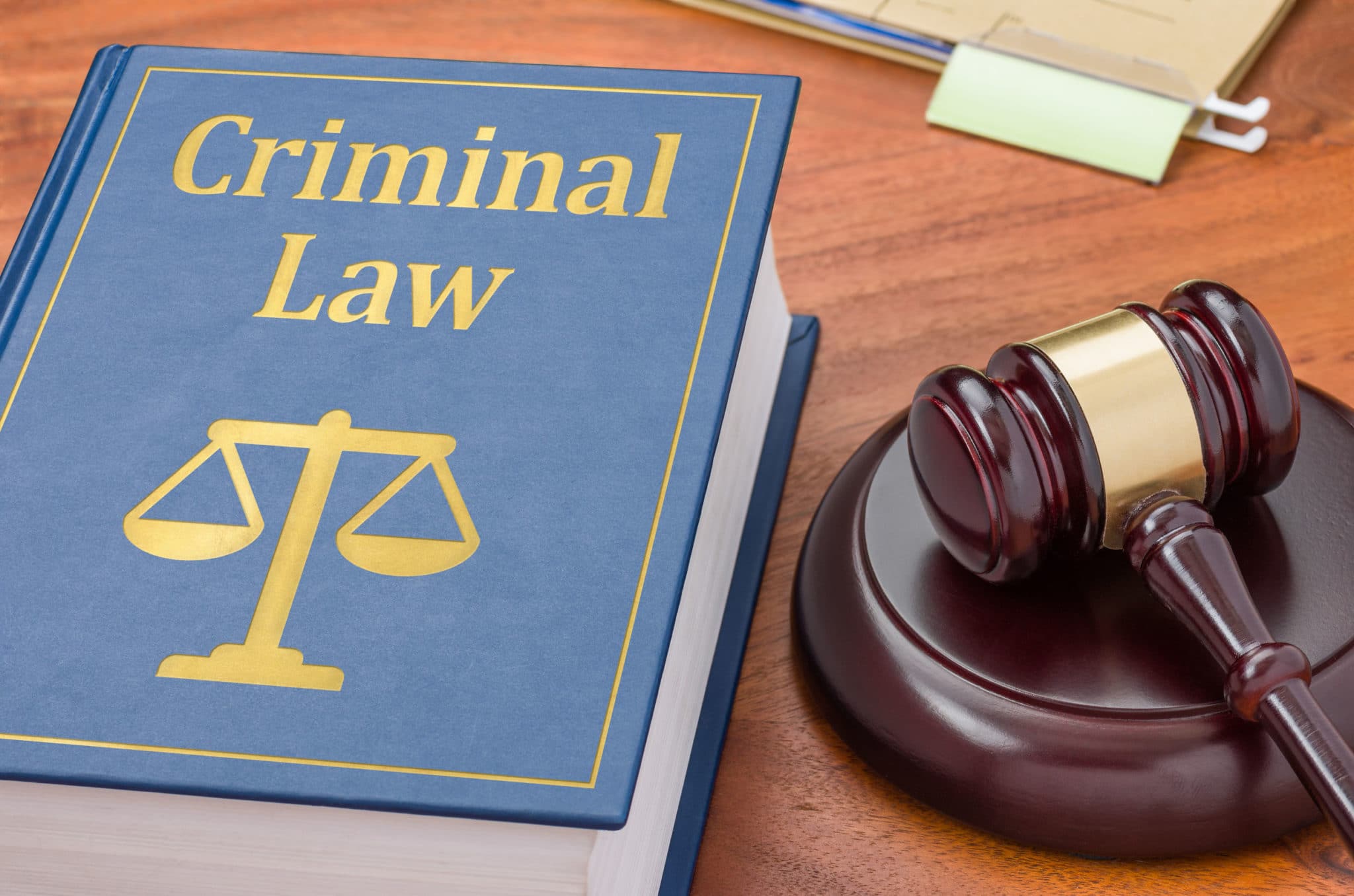IL Domestic Battery or a Case of Mutual Combat? Know the Difference
In Illinois, domestic battery is a serious violation. If you’re convicted of it, then it’s a conviction that can follow you around for the rest of your life and have an impact on the future no matter how much time passes.
Understanding domestic battery and how it is charged in Illinois is vital to keep it from impacting the rest of your life. Here’s what you need to know about domestic battery, how it differs from mutual combat and the potential penalties that can be faced.
What is Domestic Battery?
In Illinois, you can be charged with domestic battery if you make physical contact with a household or family member in a way that is provoking, insulting, or causes bodily harm. Domestic battery is an offense that is only applicable to household or family members, including:
- Current or ex-spouses
- Partner
- Children
- Parents
The Penalty for Domestic Battery
Domestic battery is considered a Class A misdemeanor in many cases. In Illinois, that can result in up to one year of jail time. Plus, it’s a permanent conviction on your record that cannot be expunged nor can the sentence be suspended in lieu of court supervision.
If convicted you will go to jail and your record will be permanently tainted, impacting future employment opportunities.
However, the crime of domestic battery can also be charged as a Class 4 felony. If you’ve violated an order of protection or have been convicted in the past of domestic battery, then it can be charged as a felony. If charged as a Class 4 felony, a conviction can result in up to three years in jail.
Aggravated domestic battery is when great bodily harm is done to the victim. This is a Class 3 felony, punishable by up to seven years in prison.
Mutual Combat as a Defense
Sometimes, mutual combat is used as a defense for domestic battery. This is a term that describes a situation where two people engaged in a physical confrontation with each other.
This defense strategy urges the court to take into account the bigger picture of the domestic battery incident wherein the victim may have been an aggressor in the confrontation.
Mutual Combat as a Mitigating Factor
In cases of domestic battery, manslaughter, and even murder, mutual combat is presented as a version of self-defense. It is also helpful in mitigating sentences in the event of a conviction. After all, if the defendant didn’t instigate the crime in the first place, then that is a solid defense for what ended up taking place.
Mutual Combat is Not Deadly Force
It’s important to note in Illinois, however, that the Illinois Appellate Court held that deadly force used even in provocation negates a defense of mutual combat when it can be demonstrated that the defendant had a reaction to the argument that resulted in the use of deadly force.
Domestic Battery Convictions Ineligible for Expungement
It’s important to ensure that you have experienced representation when charged with domestic battery simply because there’s so much at stake. As mentioned, once you are convicted that conviction follows you around forever – it cannot be expunged from your record. So ensuring that you give yourself the best shot at overcoming the charges is important.

With the right representation and evidence, you may be able to make a plea deal for a diversion program. Once completed and all fees paid, then the domestic battery charges may be dismissed. If that type of program is not available in your jurisdiction, then a lack of evidence can work in your favor.
About the Author:
Andrew M. Weisberg is a former felony prosecutor who now serves as a defense attorney in the greater Chicago area. He has extensive experience in handling all types of criminal cases, from sex offenses and domestic violence to retail theft-related crimes, murder, and drug crimes. His work has been recognized by Avvo, Expertise, National Trial Lawyers, and others, and he has been featured on countless news outlets for his experience and knowledge in criminal law.







 Blog Home
Blog Home 










